If you’ve ever moved before, you know that it’s usually quite chaotic. Boxes are everywhere, tasks just keep popping up, and your head is just spinning around. Well, now you may forget all that since you’re about to learn how to make an ideal moving to-do list. With it, relocation will become as orderly as one can wish for. So stay with us and find out all the ins and outs of a smooth relocation.

A Moving To-Do List Is the Cornerstone of the Relocation Process
In the words of Benjamin Franklin, by failing to prepare, you’re preparing to fail. And since you certainly don’t wish for your relocation to fail, taking the time to create a “relocating to another state checklist” of tasks and organize them is the best thing you can do. So, when you decide to move, draw a grid on a whiteboard or a piece of paper and start allocating each box to different items.
Ideally, the process will begin some two months before the relocation date. If that’s the case, there’ll be plenty of time to do it all, and also rest and relax. Keep in mind that you can always switch tasks or add new ones along the way, but whatever you do, don’t fall back too much. If everything ends up crammed in one week, it kind of beats the purpose of a checklist and will add up to relocating stress.

A Crucial First Task on Every Checklist: Start Looking for Movers Weeks in Advance
Whether you’re preparing for a local move or a long-distance one, it is highly advisable to hire professional movers to handle your belongings. Your research on them should be thorough. For starters, check if the company is licensed with FMCSA and has a valid DOT number. If not, forget about it. Check out what they are offering (perhaps you’re in need of storage service) and if that suits your needs. Reviews from past customers can be a valuable source of information in terms of the quality and legitimacy of a company.
Creating a Budget Tops the List of Things to Do When Moving
The first step to finding the right company should definitely be creating a moving budget. Having your finances laid up in front of you means a lot. That way, you’ll know how much you can afford to spend on your relocation, and, based on that, decide how to divide the expenses. Include how much do movers cost, as well as some amount for tipping movers into your calculation.
Insurance and Storage Are Must-Haves
No matter how experienced and professional movers are, mistakes can happen, as well as misfortunes. That means that your items, especially fragile belongings, might get damaged in the process. And that’s when moving insurance steps in. Every shipper worthy of considering will be offering extra insurance policies in addition to its basic one, and you should buy it.
Also, any decent relocation team will offer storage space for the stuff that can’t get to the new place right away. Some will even provide it for free for a certain amount of time, usually a month.
Compare Quotes Before Making a Decision
When you find a shipper that checks all the boxes, you should contact them for a free quote. Make sure to get as many of those as possible, and then compare them. That way, you’ll be able to seek out the best offer and, with a bit of diplomatic skill, maybe even lower the price at some point.
Hire Shippers Weeks in Advance
It would be a good thing to decide on a shipping company a couple of weeks before the move. From that point on, you can stay in communication with them and adjust details if necessary.

Decluttering Is the Essential Part of Your To-Do List for Moving
A lot of companies set their prices based on the inventory list, e.g., the catalog of items that go in a cargo truck. It is also a guide for movers in case you pay for the packing service. To lower the price, but also get your home rid of unnecessary or unused items, you can separate stuff that won’t be traveling with you to the new home while cataloging. Some things you can donate to charity, such as unwanted furniture, or perhaps clothes in good condition, some you can throw out or dispose of in another way (preferred outcome for hazardous materials, because they are on the list of items movers won’t move). The rest, you can sell.
Set Up a Garage Sale a Month Before the Move
A garage sale is probably the best way to improve your moving budget and declutter at the same time. Tips for successfully organizing it include setting it up on a sunny weekend and giving your best to let people know when and where it will take place. It’s optimal to set it up about a month before relocation, so you can have a less cluttered home and a clearer idea about the next important step in the process – packing. Of course, if there are some more valuable belongings that you wish to sell, eBay may be a better option for that.
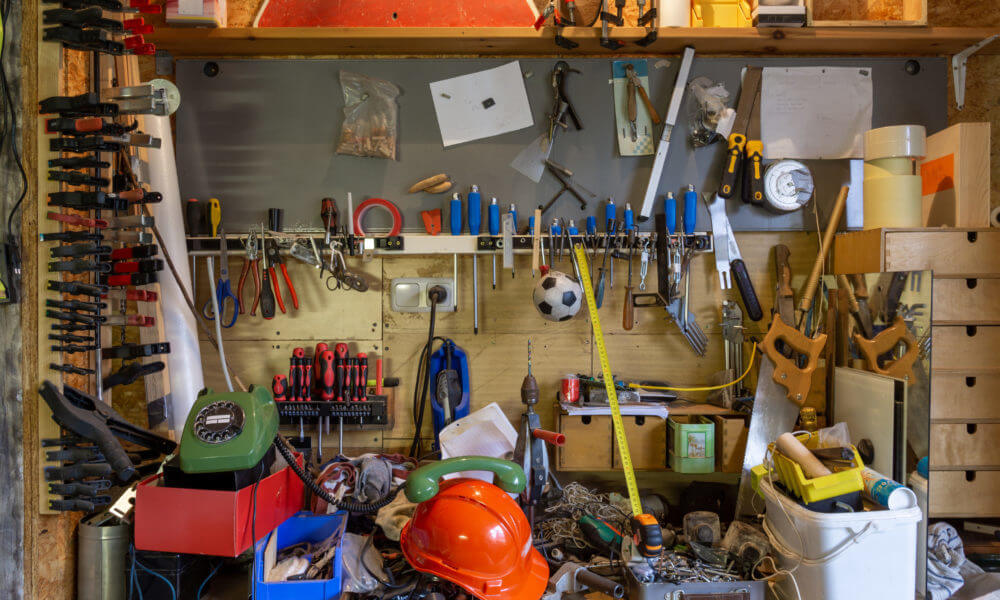
Packing and Preparing – One Week Isn’t Enough
Packing is a lot more than merely filling up boxes. It takes time to pack, even more to do it properly, and of course some good tips. So do it systematically, bit by bit. Start with the least used room and pack it up. Then move on to the next one, right until the end.
Also, don’t forget to take measurements of all doors, hallways, stairs, and elevators, if there are any. You have to be sure that all your bulkier stuff, such as furniture, can be brought to the truck without a hitch. Therefore, another addition to the checklist can be disassembling furniture.
Getting Materials Is a Crucial Slot on the Moving To-Do List – Spare at Least a Week for It
Before you start wrapping things up, you should gather as many packing materials you’ll need as possible. Of course, you can add to the stock later, but the initial batch has to cover enough ground. Gather boxes, crates, bubble wrap, packing paper, duct tape, and everything else you’ll need. Most of it is not hard to obtain, sometimes even for free. Warehouses and storages all have them, as do retailers and bookstores. They may even be happy to give the materials away. If all else fails, there’s the option of buying materials directly from shippers.
Don’t Let It Become a Mess
As things get boxed up, it’s easy to lose track of them. That can happen to such an extent that you end up in your new house or apartment without the slightest idea where is what.
Solution? Labeling! Put a sticky note or something akin to it on every box and write down what’s in it. Even better, make a system, so that, say, every box with bedroom stuff has green notes on it, living room red ones, bathroom blue, and so on. It’ll pay off.
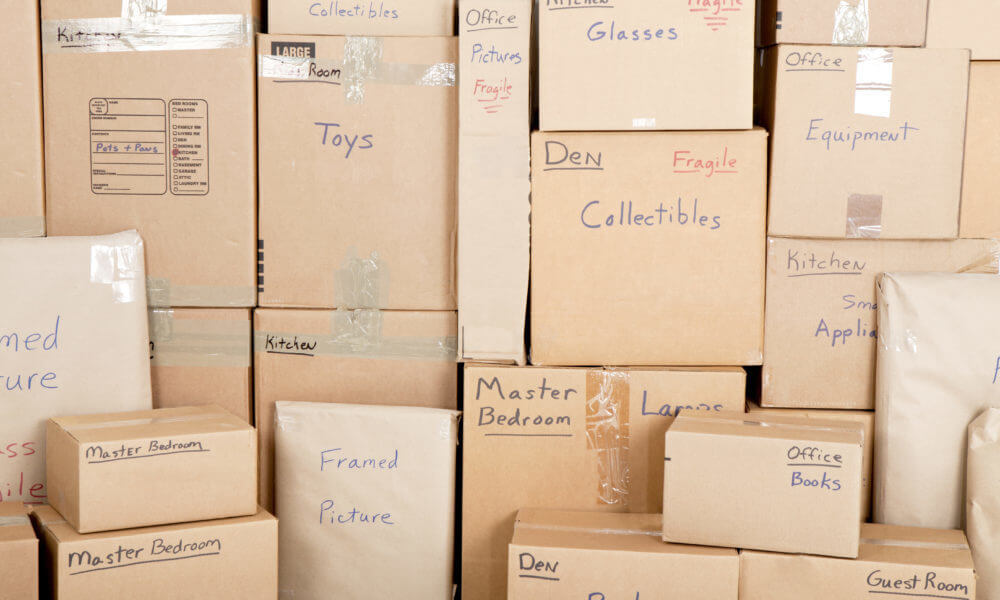
Transporting a Car? Here’s What To Do
If you’re planning to drive in and around the new town, auto shipping is the right thing for you. It should be among the services you ask shippers about before you decide which one to hire.
The main options for car transportation are open and enclosed trailers. The latter ones are safer for the vehicle, but also more expensive. It is the preferred method for vintage and luxury cars since cars in open trailers are more vulnerable to elements and road mishaps. You’ll also have to decide between terminal-to-terminal and door-to-door delivery (if the shipper offers them).
Before the shipping, you should inspect your car for damage, ensure it against further damage, and comply with all the requirements set by the shipper. Of course, you can drive the car yourself, but that is advisable only in case of short moves. For long-distance moves, it’s better to hire professionals. Not only is it safer, but it can turn out to be cheaper, too.
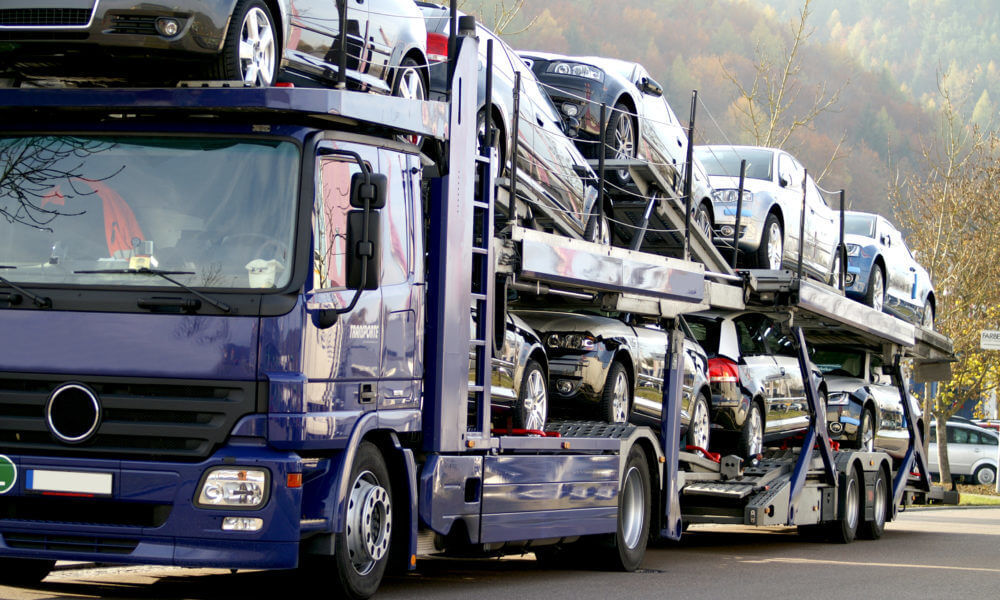
Deal With Documents, Schools, Providers, and Banks
Before you relocate, make sure that all sorts of administrative matters are settled. That is to say, collect all the important personal documents and keep them in one place so you don’t forget them. They should travel with you when the big day comes. That includes medical records.
Next, make sure that you terminate contracts with providers of utilities, internet, and everything else that you won’t be paying for at that address anymore. Also, you should either transfer or close your bank accounts before you move.
In case you have children who go to school, their school records are something you need to take and bring to the next destination if they are to continue their education without problems. Finally, if you have pets, their medical records should be taken along and passed on to the new veterinarian.
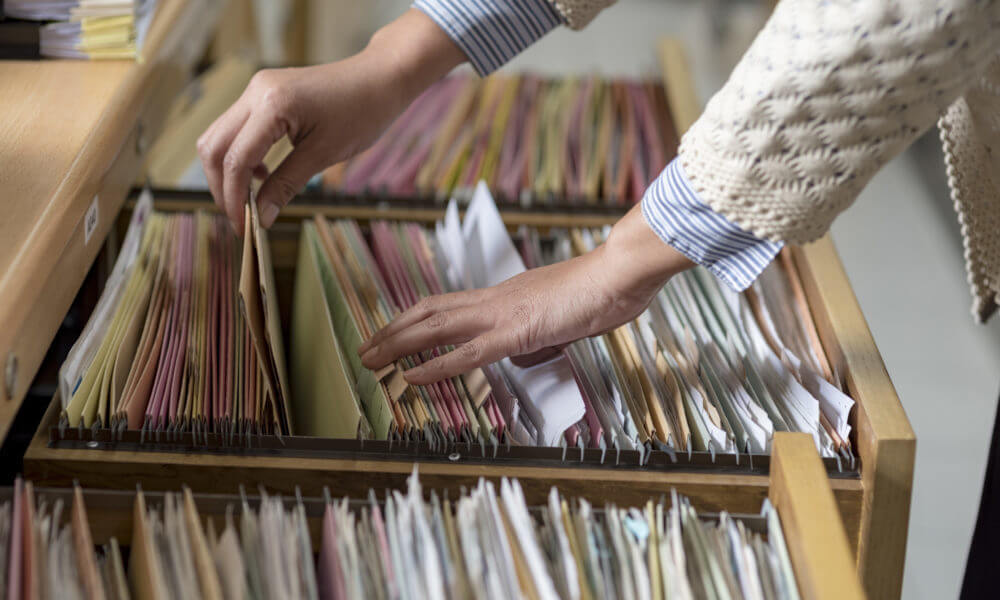
Get Both the Old and New Home in Order
One of the last but most important things to do is getting the place in order before the trip. Clean it thoroughly. Check for any damage and fix it. There are many tips on how to do it for free, from restoring carpets that were under the furniture to filling nail holes in walls. That way, you’ll either get your deposit back (a nice addition to the previously mentioned budget) if you lived as a tenant, or raise the value of your real estate if you plan to rent it or sell it.
There is stuff to be done in the new place as well. If possible, you should go there before the relocation. And aside from checking if the water and power are on, you should measure every room. Do so, and you’ll have a much better perspective about space and what piece of furniture can fit in and what will require storage services.
Another useful thing to do is labeling the rooms. Remember what we said before about labeling each box with the same color as the others for the same room? Well, if you tagged the master bedroom crates with green color, stick a green post-it on the soon-to-be master bedroom door. It’ll serve as a handy indicator for the movers, who’ll be able to follow the colors and put every crate in the right place.
And there’s one more thing that can be put under getting affairs in order, and it should be done over and over again from the moment you decide to move to the very day of departure. It’s spending as much time as possible with family and friends. Talking, having fun, visiting favorite spots… All that has made your life a happy one. And lunch or two are in order. After all, the fridge and the freezer have to be empty before being loaded into the truck.

A Checklist for the Big Day
Finally, the sun rises on the day of the relocation. Get out of bed early, since it’ll probably be the longest period of time since putting finances on paper. Once up, make one last tour of the rooms and pack stray stuff that you had missed before. You should also have a decent amount of snacks and water bottles, as well as one crate or bag with essentials for a few days. With that in place, you’re ready to meet the shipping crew.
Tips for Kids and Pets on the Day of the Move
One final piece of advice: if you have kids and/or pets, do whatever you can to keep them away from all the fuss. Send them to your parents, or hire a sitter. If they have to stay at your place, choose a room where they’ll spend the hours of taking the stuff out and loading it into a truck. If you have a nervous and restless child or pet in the midst of people going back and forth carrying crates, it can get messy very quickly.
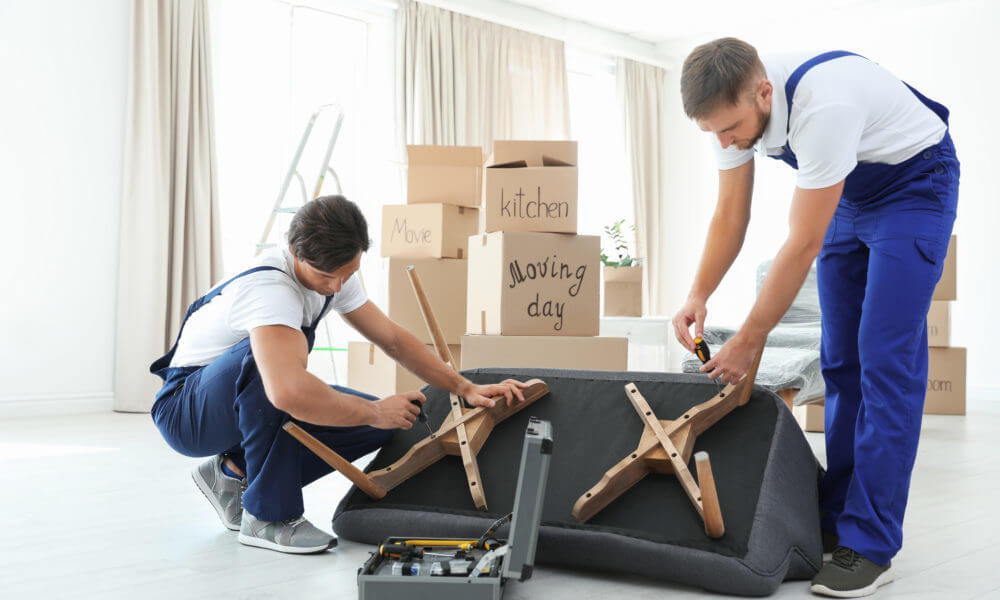
A Moving List of Things to Do if You Go DIY
Of course, you may choose not to hire professional service at all and do it all by yourself. In that case, you’ll have to rent a truck and moving equipment as well. On the DIY checklist, there should also be an entry for enrolling friends to act as helping hands. There, as in every other case, safety is a top priority. If you’re not sure that you can handle something – don’t try. It’s better to spend some money on professionals than end up injured or with valuable stuff broken.
All in all, there’s our comprehensive moving checklist. The only other smart thing we can say now is to leave more than a few slots in your organizer for rest. A cold beer now and then can ease incoming tasks to a high degree.





